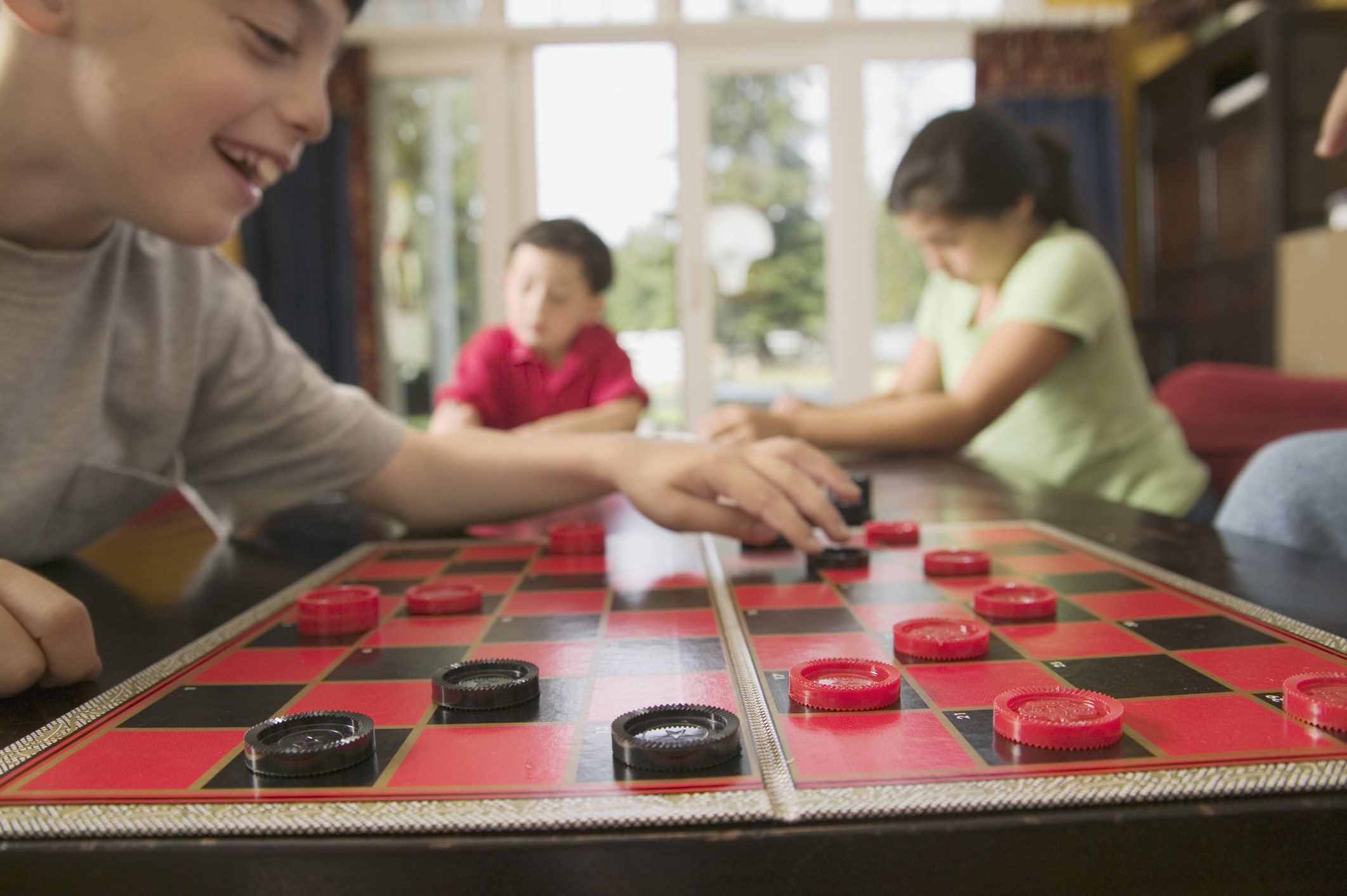As parents we want to help instill a love of learning in our children and increase their smarts without stressing them out. But with all the toys, apps, and learning techniques available today, just deciding what might work best for advancing your child's brain development can be confusing and stressful for us parents!
Did you know that neural connections in the brain that are not wired together through stimulation are permanently lost during a child's school years? No pressure there! The good news is, by providing your child with loving, language-enhanced experiences, you can increase the chances of his or her brain's neural connections becoming wired together, resulting in rich language, reasoning, and planning skills! Phew!
There are simple things we can do every day to help our kids become mentally and emotionally well-adjusted individuals. Need ideas to get started?

Here are 10 simple ways parents and caregivers can help ensure their child's healthy brain development with love – not stress.
These are the same strategies I've been using to help my now-15-year-old build a love of learning and problem-solving.

1. Teach Positive Internal Dialogue
This can dramatically enhance intellectual performance. Teach your child to eliminate negative self-talk and build self-confidence by showing them how to practice positive internal dialogue, such as: "I can do this. I'll be OK!"; "I'll do my best with what I know and can do right now"; and "I know I can keep learning and improving no matter what." This will help prevent your child from unintentionally thinking themselves into poor outcomes.
2. Practice Mental Gymnastics
Playing games that stimulate the mind, especially strategy games, build concentration, problem-solving skills, reasoning, and patience. Some of our favorite mind-stimulating games are: concentration (card game), crossword puzzles, checkers, spot the difference (searching for differences in two almost identical pictures), cryptograms, word jumbles, and math puzzles. Your kids will be having too much fun to realize they’re exercising their brain!

3. Encourage the Love of Reading
Not only do books feed the mind, they also promote bonding, improve attention spans, build vocabulary, and enhance memory. Yes, books! Plus, reading helps your child unwind after a full day of school, play, and activities!
4. Verbal Interactions at Home
This may sound too easy to be true, but conversation with your children helps develop their language and vocabulary skills. Verbal interaction is critical between the ages of 16 and 26 months, when the child's language develops most rapidly. But regardless of age, it's important to make time to regularly sit and talk with your kids. There are so many topics to talk about, such as feelings, ideas, school, friends, interests, memories, and current events. Make an effort to ask open-ended questions as well to help encourage your child to think critically. Allowing them to articulate their thoughts while you give them your undivided attention will also help your child feel confident that their thoughts are valued.

5. Create a Stimulating Environment
Did you know that by simply being generous with the hugs you give your kids, you help develop their ability to effectively process information? Here are more simple ideas to help create a stimulating environment for your child: have story time before bed; take your child to the local library or book store where they can read on their own or attend storytelling events; attend cultural events such as plays and concerts; visit museums and zoos. Even turning off all electronics during dinnertime to catch up on each other's day is a good move!
6. Feed the Mind
Good nutrition plays an important role in improving your child's mental abilities. Better-nourished kids function more effectively on all levels. Need ideas? Citrus fruits like oranges improve memory, eggs contain memory-building vitamins, fish contain important brain-building fats, green veggies protect brain cells from damage and mental fatigue, lean meats aid in learning and memory, and whole-grain and iron-fortified cereals are excellent for sharp mental performance!

7. Introduce Music
Music and rhythm can enhance a child's academic performance. Many children find it easier to focus on homework while listening to instrumental music such as drumbeats and piano. A study from Northwestern University revealed that kids who take music lessons and actively engage in music class increase the strength of their neural processing, which can translate into improved academic results for kids.
8. Physical Activity
Staying physically active (including playing sports) boosts blood flow to the brain. Supplying the brain with freshly oxygenated blood enhances clarity, concentration, thinking speed, focus, creativity, mental and emotional energy, and problem-solving skills!

9. Routine Electronic Detox
Did you know that screen activities (including laptops, video games, smartphones, tablets, and TV) are associated with the stress response? This means the fight-or-flight hormones as well as cortisol are increased and released. Both of these hormonal trends are linked to cognitive, mood, and behavioral issues as well as poor physical health. Practice regular unplugged time to give your child's (and your) brain some much-needed rest to naturally reset.
10. Downtime
Relaxation is a key ingredient for maintaining good mental, physical, emotional, and spiritual health, so it's an important skill to teach our children. And don't forget to give your child nine to 10 hours of sleep each night.
For more from Carmen Sakurai, visit her blog Ninja Mom Diaries and her Facebook page.




